Beginning
Beginning (Section a) We stand at a critical moment in Earth’s history, a time when humanity…
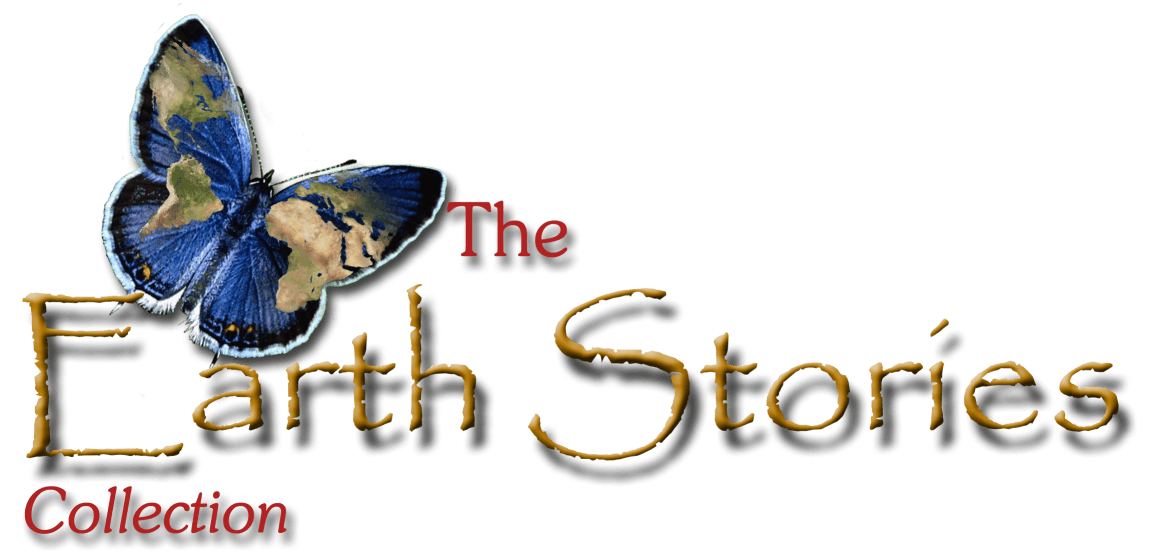
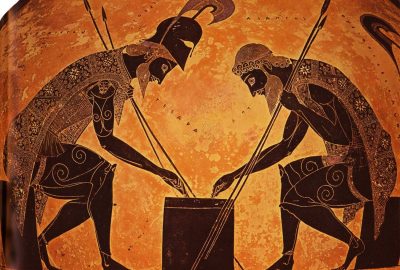
The Earth Stories Collection is a repository of myths, legends, fables and folktales from cultures around the planet which are capable of transmitting a complex-systems worldview and of illustrating the principles and values of the Earth Charter.
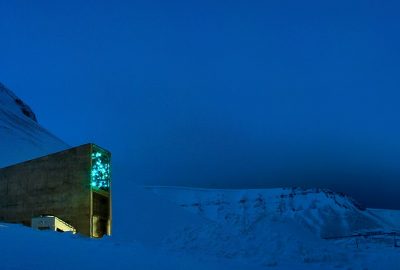
It is inspired by the Svalbard Global Seed Vault in Norway, a food crop seed bank in which seeds from all parts of the world are preserved as a food guarantee for humanity in the face of the possibility of a global crisis or disaster.
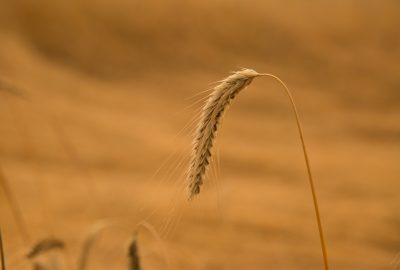
In this sense, The Earth Stories Collection is called to be a cultural seed bank, a base of global educational resources for the construction (or reconstruction) of a deeply sustainable global society, based on social and economic justice, and values of peace and democracy; that is, the values of the Earth Charter.
‘What better way to do it than by telling us wonderful stories by the fire again?’
Grian A. Cutanda, in The Earth Stories Collecion (2019)

‘I therefore claim to show, not how men think in myths, but how myths operate in men’s minds without their being aware of the fact.’
Claude Lévi-Strauss (1969), in The Raw and the Cooked

‘The story was the bushman’s most sacred possession. These people knew what we do not; that without a story you have not got a nation, or culture, or civilisation. Without a story of your own, you haven’t got a life of your own.’
Laurens Van der Post (1958), in Lost World of the Kalahari
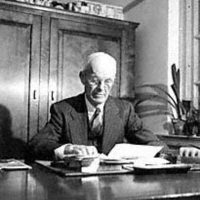
‘The destiny of the world is determined less by the battles that are lost and won than by the stories it loves and believes in. That is a hard saying for hardheaded men to accept, but it is true. Stories are told, grow old, and are remembered. Battles are fought, fade out, and are forgotten –unless they beget great stories.’
Harold Goddard (1960), in The Meaning of Shakespeare

‘Our species thinks in metaphors and learns through stories.’
Mary Catherine Bateson (1994), cultural anthropologist

‘That is whay ecology often revalues in its practices the traditions of the oldest peoples.’
Moacir Gadotti (2000), in Pedagogía de la Tierra, p. 167

“The universe is made of stories, not of atoms.”
Muriel Rukeyser (1968), poet and feminist activist
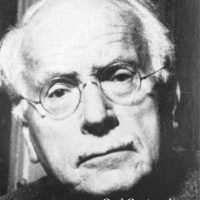
‘We can keep from a child all knowledge of earlier myths, but we cannot take from him the need for mythology.’
Carl G. Jung (1912), psychiatrist
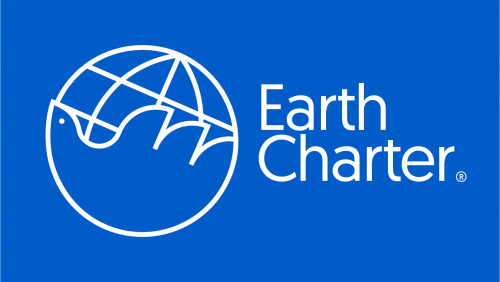
The Earth Charter is an international declaration of fundamental values and ethical principles for building a planetary community based on social and economic justice, sustainability and peace. It aims to convey a systemic view of interdependency between all living beings and the planet, and urges a shared responsibility for the good of all humankind, the community of life and future generations.
More information: www.earthcharter.org
Earth, Our Home (Section a) Humanity is part of a vast evolving universe. (Section b) Earth,…
The Global Situation (Section a) The dominant patterns of production and consumption are causing environmental devastation,…
The Challenges Ahead (Section a) The choice is ours: form a global partnership to care for…
Universal Responsibility (Section a) To realize these aspirations, we must decide to live with a sense…
Principle 1 – Respect Earth and life in all its diversity. a). Recognize that all beings…
Principle 2. Care for the community of life with understanding, compassion, and love. a). Accept that…
Principle 3. Build democratic societies that are just, participatory, sustainable, and peaceful. a). Ensure that communities…
Principle 4. Secure Earth’s bounty and beauty for present and future generations. a). Recognize that the…
Principle 5 – Protect and restore the integrity of Earth’s ecological systems, with special concern for…
Principle 6. Prevent harm as the best method of environmental protection and, when knowledge is limited,…
Principle 7. Adopt patterns of production, consumption, and reproduction that safeguard Earth’s regenerative capacities, human rights,…
Principle 8. Advance the study of ecological sustainability and promote the open exchange and wide application…
Principle 9 – Eradicate poverty as an ethical, social, and environmental imperative. a). Guarantee the right…
Principle 10. Ensure that economic activities and institutions at all levels promote human development in an…
Principle 11. Affirm gender equality and equity as prerequisites to sustainable development and ensure universal access…
Principle 12. Uphold the right of all, without discrimination, to a natural and social environment supportive…
Principle 13. Strengthen democratic institutions at all levels, and provide transparency and accountability in governance, inclusive…
Principle 14. Integrate into formal education and life-long learning the knowledge, values, and skills needed for…
Principle 15. Treat all living beings with respect and consideration. a). Prevent cruelty to animals kept…
Principle 16 – Promote a culture of tolerance, nonviolence, and peace. a). Encourage and support…
The Way Forward (Section 1a) As never before in history, common destiny beckons us to seek…
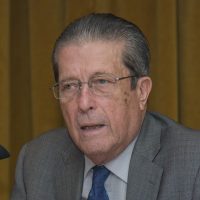
Until recently, we lived territorially and intellectually confined. The vast majority of people were born, lived and died in a few square kilometers. Suddenly, new communication and information technologies allowed us to ‘know the world,’ to compare. They have allowed us to know the surrounding and distant reality. Appreciate what we have and the precariousness of others. The Earth Stories Collection is an excellent work that, through small stories, brings us closer to realities so distant but, at the same time, so close …

The Earth Stories Collection offers a most valuable contribution which demonstrates that shared human values, as those articulated in the Earth Charter, are embed in our traditional cultures. This unique research gives visibility to the role traditional stories can play as an instrument of social transformation towards a planetary citizenship. I commend Grian Cutanda for his humongous work in putting this together and in connecting traditional stories from cultures from around the world to each Earth Charter Principle. I trust this will enrich our collective efforts to develop new narratives regarding what it means to be humans and how our relationship to one another and the large living world ought to be.

Our current western society lives in a contradiction between proclaimed values and everyday behaviour. This inconsistency shows that the education we implement has not been sufficiently pedagogical or transformative in relation to the environmental issue. The transformative proposals are born from everyday life, from our roots, configured from our morphic fields, that is where myth emerges in a powerful and transversal way to life. In that sense, The Earth Stories Collection offers invaluable resources for our pedagogical activities.